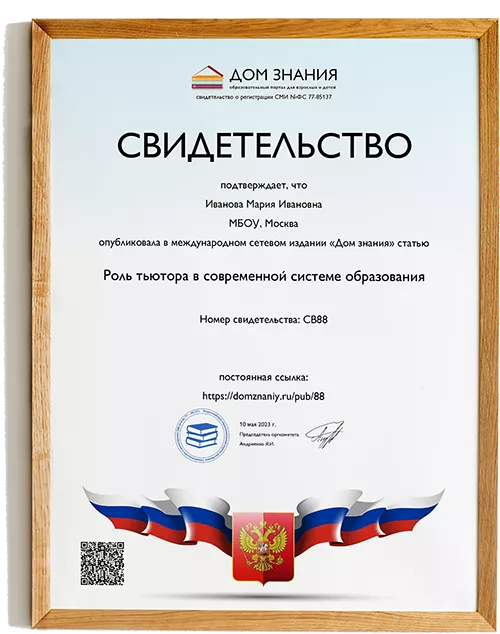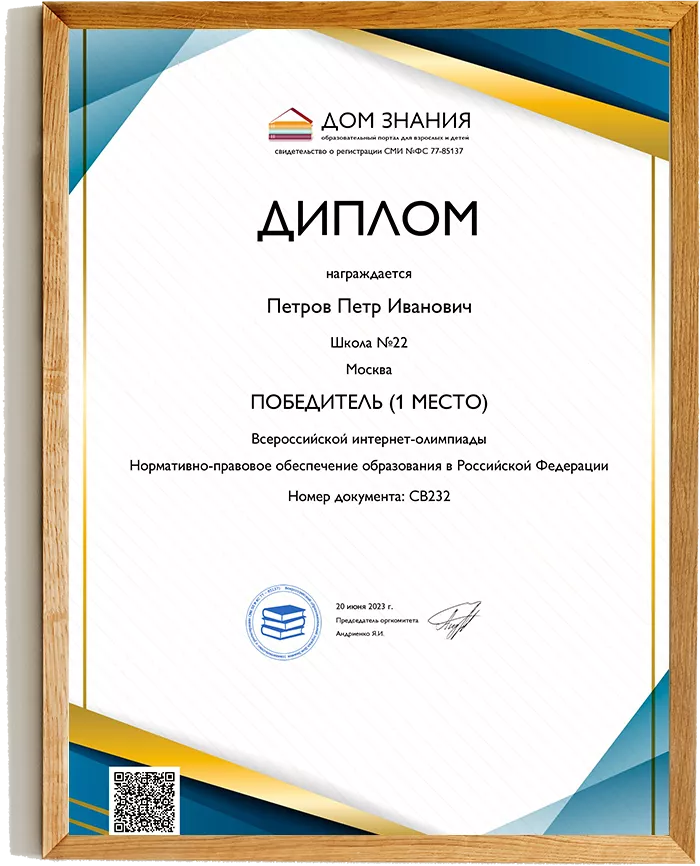Учитель: Яковлева Александра Сергеевна
Класс: 8
Тема: Природные катаклизмы
Цель урока: создать условия для совершенствования лексических навыков по теме, развивать умения чтения, монологической речи в форме защиты проекта.
Задачи урока:
общеобразовательные
активизировать ранее изученные ЛЕ по теме «Природные катастрофы» в устной и письменной речи;
совершенствовать навыки изучающего чтения;
развивать коммуникативные речевые умения письменной и устной речи при составлении кратких характеристик природных явлений;
развивающие
развивать умение использовать ЛЕ в собственных мини-высказываниях на уровне одного предложения;
извлекать из текста необходимую информацию;
высказывать предположение, прогнозировать;
опровергать утверждения или соглашаться с ними;
развивать умение восприятия и понимания речи на слух;
развивать умение поиска, систематизации, обработки информационного материала при создании и презентации проектов;
воспитательные
повысить мотивацию учащихся к изучению английского языка, оптимизируя процесс обучения с помощью проектной деятельности.
Необходимое оборудование и материалы: мультимедийный проектор для показа презентаций, раздаточный дидактический материал.
I) ПРИВЕТСТВИЕ
Good morning boys and girls!
Glad to see you.
Today we have a lot of guests. Let`s greet them. Take your seats. Who is absent today?
II) РЕЧЕВАЯ РАЗМИНКА, ПОГРУЖЕНИЕ В ЯЗЫКОВУЮ СРЕДУ
What’s the weather like today? What kind of weather do you like/dislike the most?
Have you ever experienced dangerous weather? What was it? How did you feel?
Начать работу с рассуждений из личного опыта, испытывали ли учащиеся экстремальные погодные явления, как они себя чувствовали и т.д.
III) ПОДВЕДЕНИЕ К ТЕМЕ УРОКА.
Look at the screen and watch the video. Try to be attentive and guess the topic of our lesson:
T: What is the general topic of the video?
The topic of our lesson is Natural Disasters
Вывели тему. Natural Disasters
Why is it necessary to study this topic?
At our lesson we'll discuss natural disasters and their influence on the man and wildlife. Every day we hear about disasters that happen on our planet. They damage houses, destroy fields, kill animals and people.
One of the natural disasters you have Known from the text about the Monserrat Island. Let’s check your homework.
Ex 3 p 51
Ex 4 p51
What kind of natural disasters do you know? Why are they called natural?
IV) ВВЕДЕНИЕ ИЛИ АКТИВИЗАЦИЯ ЛЕКСИЧЕСКОГО МАТЕРИАЛА
What do we need to have a conversation about natural disasters? We need (new) words. What words do we need to have a conversation? Let`s learn some of them.
После изучения слов, говорение.
Let’s memorize new word better
WORDWALL
WORDWALL – you have to make a word from these letters and write it/
ГРУППОВАЯ РАБОТА
TARSIA
What disasters happen more often than others in your opinion? Где часто возникают цунами?
Где наводнения In what country are there many volcanoes?
In what part of Russia are there many volcanoes? (In Kamchatka).
What season is the most dangerous for wildfires?
What can do people to prevent wildfires? (Have to be careful with fire in the summer)
V) ГОВОРЕНИЕ
Is it possible to predict natural disasters?
Do you believe animals can feel a coming disaster beforehand? What should the emergency services do if there are signs of coming disaster. What should common people do if there are signs of coming disaster?
VII)
Now, I offer you to make posters about natural disasters. Let`s make 3 groups. You task will be to read a text and make a poster with warning. Учащиеся читают тексты про природные катастрофы по группам и на листе А4 рисуют постер-предупреждение о природных катастрофах. На листе уже есть картинка с природной катастрофой,вопросы:
What is it?
Where does it usually happen?
What should people do?
Всю эту информацию учащиеся возьмут из коротких текстов.
Представление своих работ.
Или части пазла с картинкой или времена
VIII) ПОДВЕДЕНИЕ ИТОГОВ
Why are natural disasters dangerous?
Let`s fill in the map
Почему природные катастрофы опасны? Учащимся написаны глаголы, а они заканчивают фразы.
Или составить фразы
What should we do to stop disaster happening? Solving the puzzles will help you to answer this question: (on paper of bright colour students find "puzzles"-the words in the sentences are jumbled up. They should put the words in the right order and find out the answer on the main question.)
Some puzzles:* much, we, should, climates, the, about, know, of, world,( We should know much about climates of the world.)
*should, take, we, care, the, about, earth (We should take care about the Earth.)
*weather, we, know, about, much, should (We should know much about the weather.)
* can, scientist, predict, fortunately, natural, most, disasters, nowadays (Fortunately scientists can predict most natural disasters.)
*emergency, know, workers, should, how, during, animals, people, disaster, the, to, help (Emergency workers should know how to help people and animals during the disaster.)
*we, our, learn, should, solar, about, much, system, the universe, and (We should learn much about our solar system and the universe.)
*destroy, may, our, we, environment, shouldn't, the climate, because, cause, changing, it (We shouldn't destroy our environment because it may cause the changing of the climate.)
IX) РЕФЛЕКСИЯ


